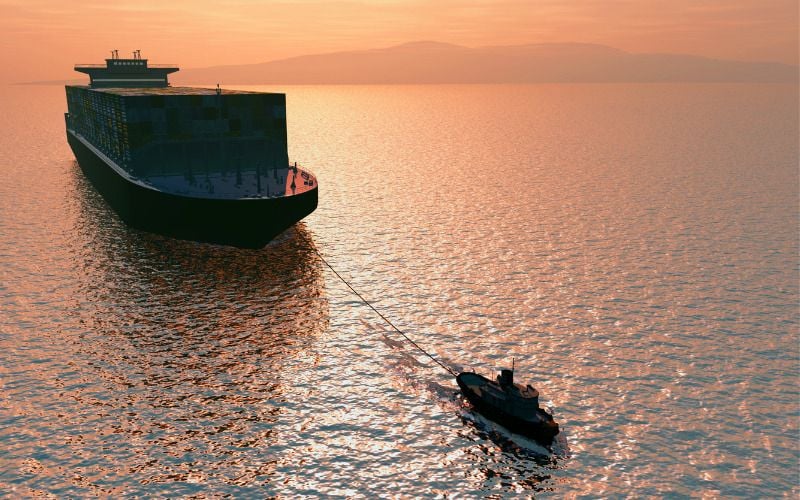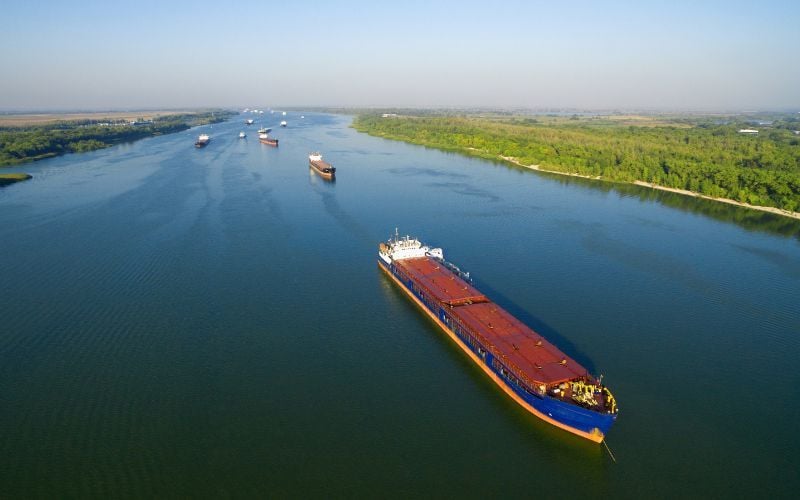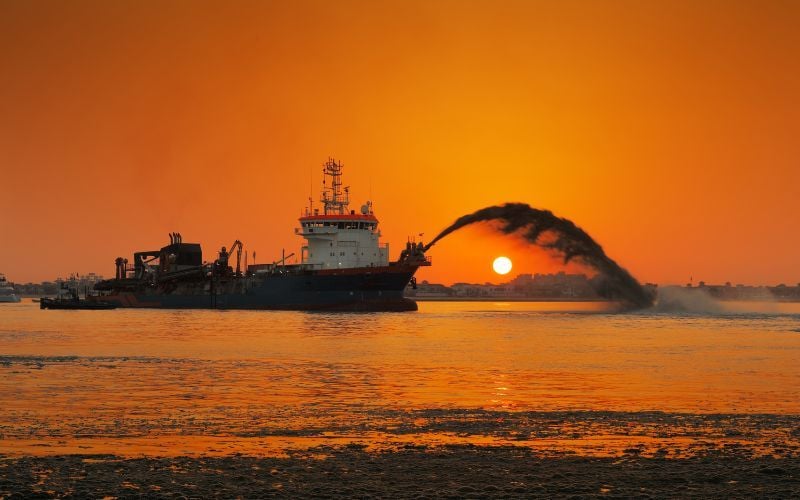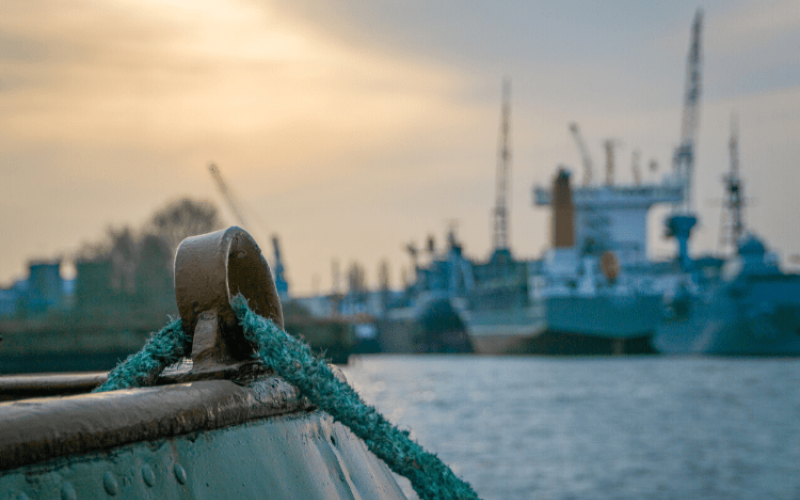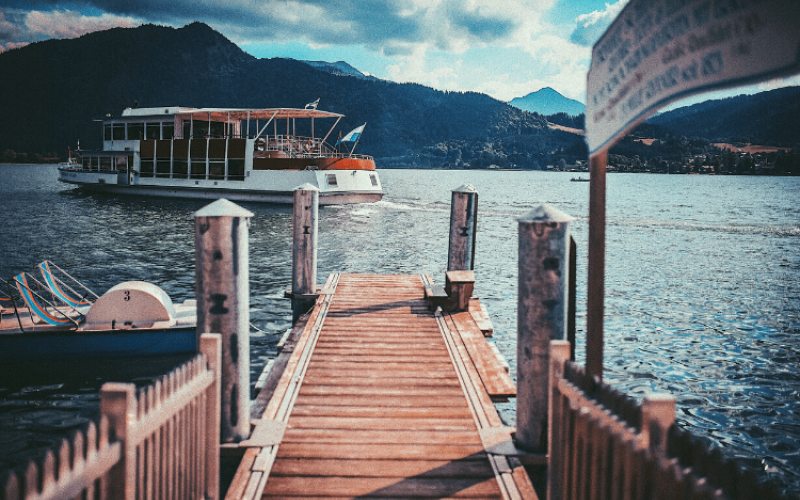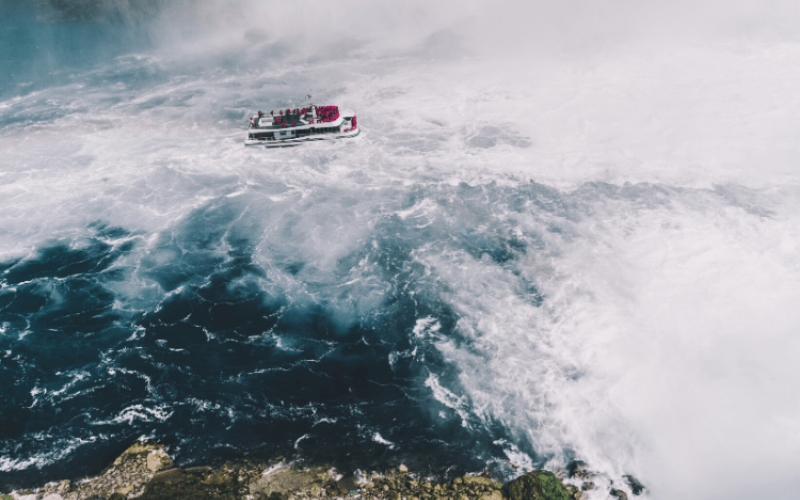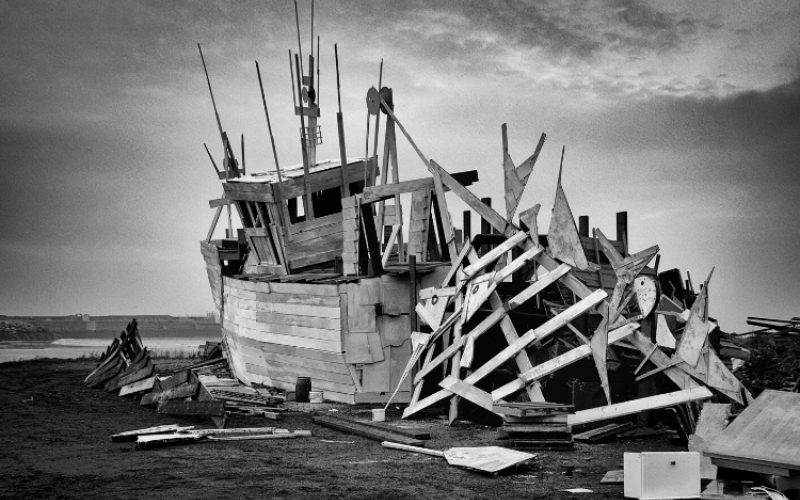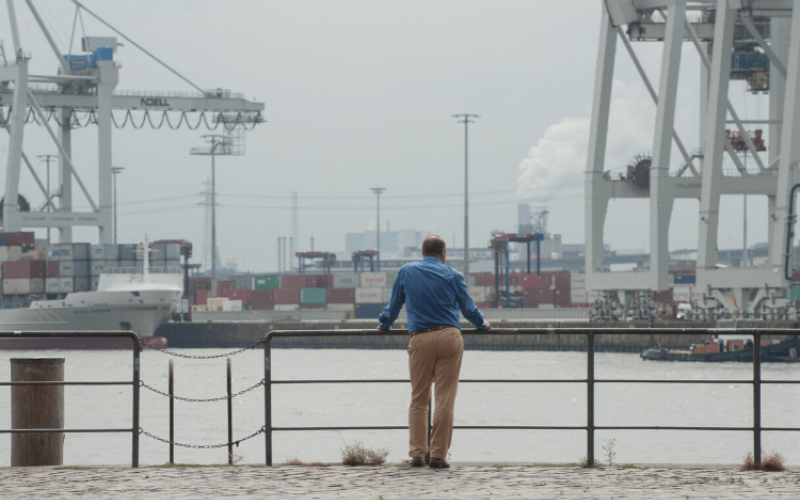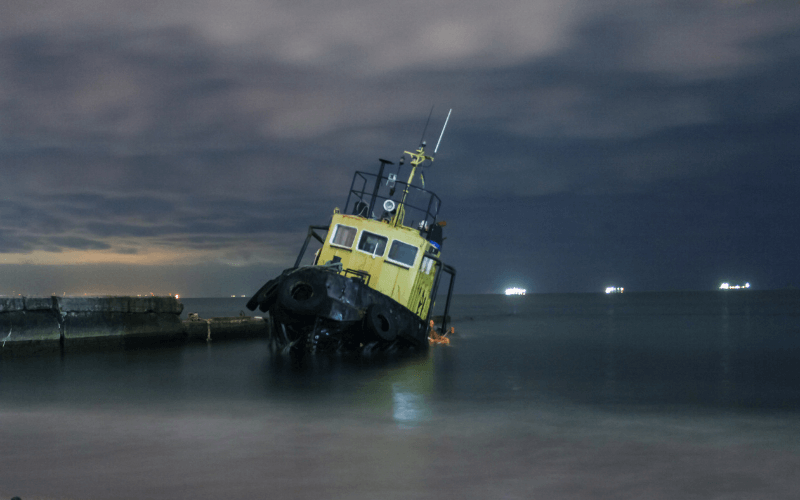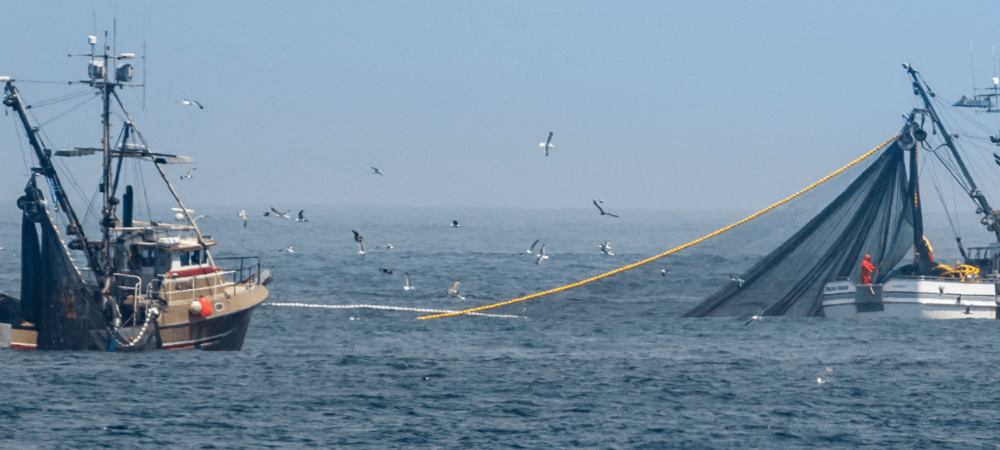
Commercial Fishing Accident Attorney
Key takeaways:
- Commercial fishing is a dangerous profession that can cause serious injuries.
- Maritime laws outline the procedure commercial fishermen must use to recover damages for their injuries.
- An experienced boat accident attorney can advise you of your rights and options after a fishing boat accident.
Commercial fishing has a well-earned reputation as a challenging and incredibly dangerous industry. It’s been labeled the deadliest job in America. Commercial fishing vessels typically operate in an economic zone that extends 200 miles from shore (defined by UN treaty and convention).
Countless vessel configurations and sizes fall under the umbrella of commercial fishing. A majority of these vessel types are decked, have enclosed areas, and can perform fishing operations at an industrial scale. Commercial fishing vessels themselves can range from relatively small to massive “factory” ships. Over 40,000 of the world’s four million fishing vessels weigh in at over 100 tons.
The size, complexity, and operational range of commercial fishing vessels — and the operations within them — make for a hazardous work environment. On average, 42 commercial fishing workers die every year on the job. At Montagna Maritime Law, our highly experienced attorneys know the many hazards that commercial fishers face, and we’ve helped seamen pursue legal action after injuries and accidents.
Why Is Commercial Fishing Dangerous?

Commercial fishing is hazardous because of several important factors:
- Weather: Fishing boats must operate in a wide range of weather conditions, including storms and extreme hot or cold temperatures.
- Labor: Commercial fishing is grueling work in an unstable environment surrounded by hazards.
- Hours: Long hours of strenuous work cause fatigue, which increases the risk of injury.
In response to the question, “Why is a fisherman sometimes listed as the most dangerous job in the world?” a user on the website Quora described how many things can go wrong on a fishing vessel:
“Fishermen do as much as they can to stop accidents from happening, but tackle blocks can wear out and you can’t see it, wires and ropes can snap at any time, and a wire in the water towing a net can snap with a lot of force, and can and usually does take someones life due to distances to an emergency room…”
No matter how you feel after a boat accident, it is vital to seek medical treatment immediately. Some injuries, such as a concussion or other brain injury, might not show symptoms right away. Without prompt medical care, they can become much worse. An experienced boat accident lawyer can help you understand what to do next.
Common Types of Commercial Fishing Accidents
Commercial fishing vessels tend to operate in rough and challenging conditions. When an accident or incident occurs on a fishing boat, medical attention can be hours or even days away. That’s why the U.S. Coast Guard, which oversees all U.S.-based commercial fishing operations, recommends all crews be trained in CPR and first aid.
Common Accidents on Commercial Fishing Vessels:
- Sinking: Roughly one-third of all injuries on commercial fishing vessels are due to catastrophic compromises of the hull. In some cases, this is due to large waves that can capsize the ship. When the hull of a fishing vessel is sufficiently damaged, sinking can occur quickly, putting the lives of all seamen on board in jeopardy.
- Mechanical or “factory” accidents: Many fishing vessels are equipped with complex, below-deck factories that help get seafood ready for market. Factory setups that would be hazardous on land are even more dangerous at sea and special safety precautions must be followed as a result. Accidents here can often result in severed limbs or crushing injuries.
- Environmental accidents: By their nature, fishing vessels are compartmentalized. Small spaces may quickly become toxic, either because there is not enough oxygen or because of the hazardous materials kept there. Accidents involving these small spaces can lead to hypoxia or brain injury.
- Slips and falls: Nearly half of all commercial fishing fatalities are due to falls overboard. A slippery deck and constantly shifting vessels — to say nothing of the long shifts and challenging work — can lead to commercial fishing workers falling overboard. Once overboard, drowning and hypothermia become the two chief safety concerns, and crew members must be rescued quickly to limit injuries and save their lives.
- Fishing accidents: Commercial fishing uses special equipment; the nature of that equipment varies depending on the specific type of fishing activity a vessel primarily performs. However, fishing equipment of any kind can lead to accidents on and below deck.
Causes of Commercial Fishing Accidents
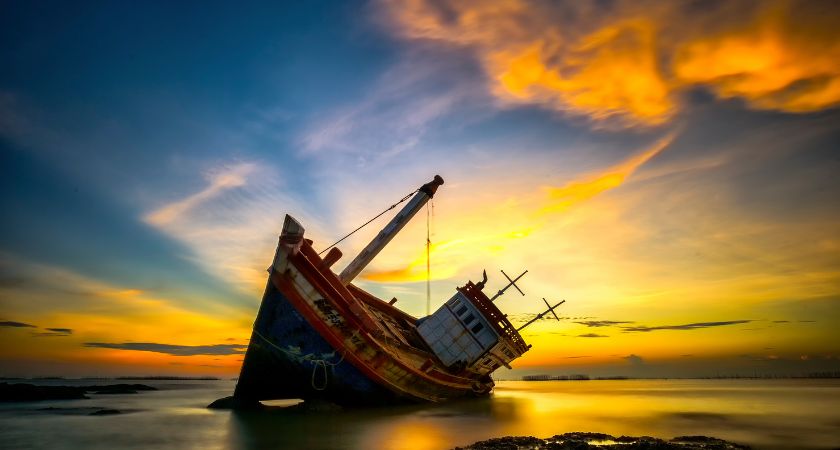
Identifying the cause of any commercial fishing accident is incredibly important in preventing future accidents and protecting the rights of injured seamen. Some of the most common causes of commercial fishing accidents might include:
- Inclement weather
- Rogue waves
- Poor decision-making
- Incomplete training
- Lack of maintenance
- Negligence
- Ignoring safety procedures or safety protocols
- Excessively long work shifts
- Crew exhaustion
Commercial fishing vessels often operate in short windows during which crews are under immense pressure to collect and process as many fish as possible. This can lead to a high-intensity work environment that in itself can contribute to serious accidents with life-long consequences.
Knowing Your Rights as a Commercial Fisherman
If you’ve been injured in a commercial fishing incident, you could be entitled to special compensation under maritime law. Commercial fishers are also entitled to various protections in recognition of the heightened dangers of their occupation.
That’s why you should have an experienced attorney by your side who understands the maritime laws that apply to your case and will fight to protect your rights. Any injured seaman is entitled to maintenance and cure under the Jones Act. This essentially means that you are entitled to any lost wages or medical costs as a result of your injury. Injured seamen are entitled to maintenance and cure no matter the cause of the accident or injury, whether you are at fault or not.
However, you may be entitled to more if the injury was caused by negligence, poor equipment, or someone else’s irresponsible decision-making. The attorneys at Montagna Maritime Law know how important it is to protect your rights and the rights of your fellow seamen. That’s why we represent commercial fishers and fight for the best possible outcomes and compensation in all cases.
Talk to an Experienced Commercial Fishing Accident Attorney
Suffering an injury while at work can be a stressful, confusing, and traumatic experience for anyone. Your employer might not be making the effort you expect to ensure your well-being. Oftentimes, employers and insurers use underhanded techniques to get commercial fishers to settle their cases quickly. That’s why you must speak to a knowledgeable commercial fishing accident attorney who can advise you of your rights under maritime law.
If you’ve been injured on the East Coast, call the skilled attorneys at Montagna Maritime Law to discuss your case. Our attorneys offer a high level of personal attention to each and every client, combined with extensive experience in the litigation of general maritime law. As an injured commercial fisherman who depends on your physical ability for your livelihood, it’s critical that you get the maximum compensation and benefits you’re entitled to under maritime laws for yourself, your family, and your health.
Why Our Clients Trust Montagna Maritime Law
Montagna Maritime Law has represented boating accident injury victims in Virginia, Maryland, and North Carolina for over fifty years. The law firm has extensive experience handling personal injury and wrongful death claims. Recent successes include:
- $800,000 for a fishing boat accident
- $1.06 million for a shipyard accident
- $1.2 million for a dredge accident
Testimonials
“Mr. Montagna is an amazing attorney. His legal expertise and dedication exceeded my expectations. Mr. Montagna provided clear, and insightful guidance throughout the entire legal process. His professionalism and accessibility are unmatched in his field. he was very prompt if I had any questions and kept me informed at every stage. I would highly recommend Mr. Montagna to anyone in need of legal representation.” – Tyler
“I love that my concerns are ALWAYS addressed, and my phone calls are returned. Great staff!!” – SJ
Additional Resources
What To Do After a Boating Accident: Learn more about steps to take after a fishing boat accident, including filing a report with the U.S. Coast Guard and notifying the boat owner’s insurance company.
General Maritime Law & Jurisdiction: Learn about the role of maritime laws in personal injury claims by commercial fishermen and other boaters.
Maritime Accidents on International Waters: What are commercial fishermen’s rights when they suffer maritime injuries outside of U.S. territorial waters?
Frequently Asked Questions About Offshore Injuries
Here are questions we often get from our clients.
What Should You Do After a Fishing Boat Accident?
After a boating accident, you’ll want to take the following steps to protect yourself:
- Seek medical care for your injuries.
- Next, document your injuries and save all medical records.
- Contact the appropriate authorities, such as the U.S. Coast Guard, to file a report.
- Gather witnesses who can support your accident claim.
- Finally, consult with a personal injury lawyer.
Can I Get Compensation for a Commercial Fishing Injury?
When you sustain a boating accident injury, it may be a mistake to take a settlement right away without thinking of possible long-term complications. A commercial fishing accident attorney can help you recover an amount that can realistically cover your medical expenses and other losses.
Several different maritime laws may affect your right to compensation, including:
- The Jones Act
- The Longshore and Harbor Workers’ Compensation Act (LHWCA)
- The Commercial Fishing Industry Vessel Safety Act (CFIVSA)
Is a Fishing Boat Accident Considered Workers’ Compensation?
Boat accidents involving commercial fishing could be eligible for workers’ compensation since the injuries are connected to employment. Maritime laws may make your injury case less straightforward, though. Some crew members are only eligible for damages under the Jones Act, not workers’ compensation. You should speak with a boat accident attorney to learn more about your options.
What If My Loved One Cannot File a Claim After Their Commerical Fishing Accident?
Boat accidents can cause debilitating injuries. Your loved one might not be able to file an accident claim on their own because of a brain injury or other catastrophic injury. You may be able to file the claim on their behalf in that situation. If the accident resulted in fatalities, you may be able to file a wrongful death claim.
What Types of Commercial Fishing Does Montagna Maritime Law Represent?
We represent all types of commercial fishermen. The following list is not exhaustive:
- Trollers
- Longliners
- Crabbers & lobstermen
- Clam & scallop boat
- Sieners
- Gillnetters
Contact our law firm to see how we can help you.
Hauling In Compensation After Your Offshore Injury
The boat accident injury attorneys at Montagna Maritime Law represent commercial fishermen who suffered offshore injuries in the mid-Atlantic region. To schedule a free consultation with our fishing boat accident law firm, please call 877-622-8100 or fill out our online contact form.
"*" indicates required fields



